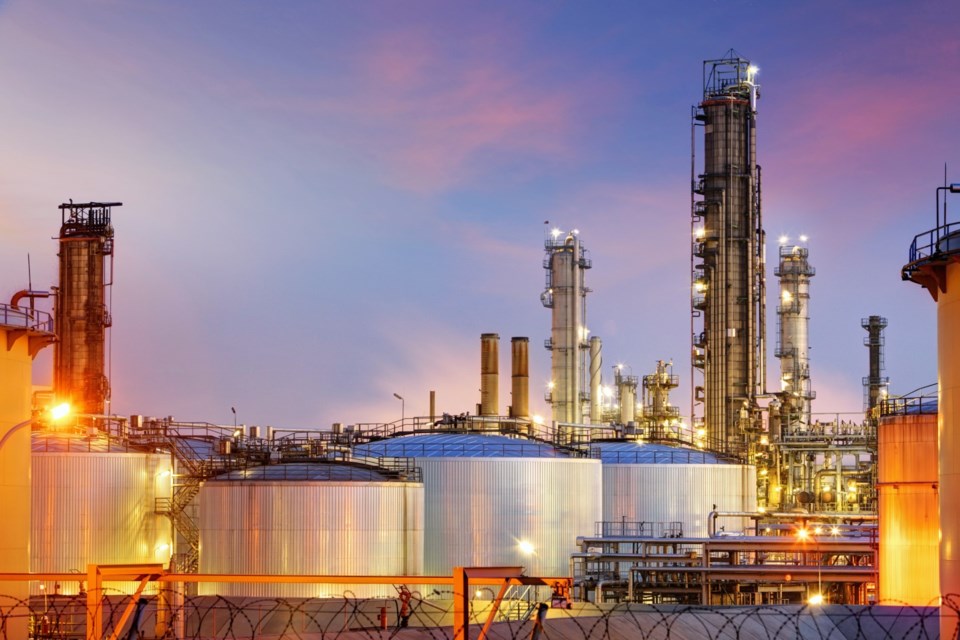WESTERN PRODUCER — Saskatchewan has taken over carbon pricing for all large industrial emitters but residents will still pay the federal carbon price at the pumps.
The provincial and federal governments last week announced that Saskatchewan’s Output-Based Performance Standards (OBPS) proposal for carbon pricing had been accepted and would take effect Jan. 1.
The carbon tax collected on these emitters will stay in the province rather than go to Ottawa, said environment minister Dana Skoropad. This includes SaskPower and natural gas transmission pipelines.
Premier Scott Moe said the federal government has about $480 million it collected from the tax on SaskPower since its pollution pricing legislation came into force.
“We would like it back,” he told reporters.
Moe said he would consider investing that money in nuclear technology as the province seeks cleaner power generation sources.
“Without a significant opportunity for hydro in the province it would seem to fill some of that gap,” he said.
Skoropad said gaining control of the tax will keep about $3.7 billion in the province between now and 2030.
Ottawa will continue to have authority over the carbon tax on SaskEnergy bills in addition to fuel purchases because SaskEnergy buys and resells the natural gas, but doesn’t actually produce it, said Moe.
The province already had control of the tax on other large emitters such as manufacturing and mining under the OBPS. Emitters have to meet a benchmark and are either rewarded with credit or can purchase them from others, or pay into a technology fund.
Benchmarks are still to be determined for each industry but Skoropad said emissions intensity targets would be used.
The change announced last week designates carbon capture, utilization and storage as credits.
Skoropad added that work continues on a carbon offset program that would involve farmers.
Meanwhile, federal environment minister Steven Guilbeault also announced that Nova Scotia, Prince Edward Island and Newfoundland and Labrador are all now under the federal Climate Action Incentive program, which is also known as the federal backstop and includes the consumer portion of pollution pricing.
That leaves only British Columbia, New Brunswick, Quebec and the Northwest Territories with their own pollution pricing systems.
The quarterly rebates from the carbon tax are going up in 2023 as the price itself rises to $65 per tonne April 1. The payments will be $386 in Alberta, $264 in Manitoba and $340 in Saskatchewan. Residents in small and rural communities receive 10 percent on top of that.
Contact [email protected]




